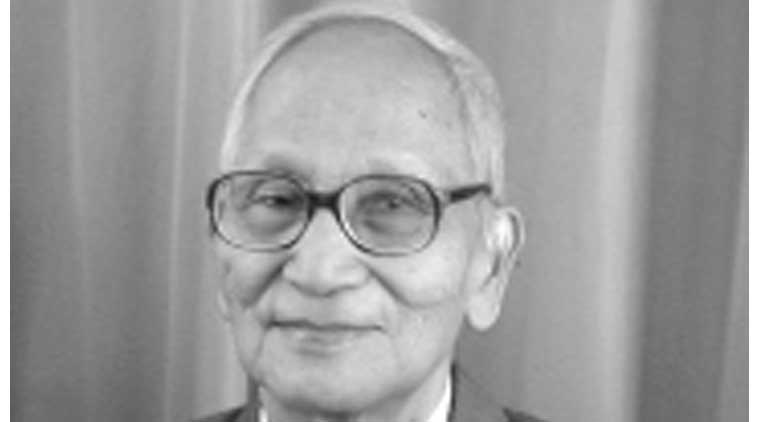
By Hemendra Narayan
Trailing Brigadier (retired) Thenphunga Sailo, the second chief minister of Mizoram, from Aizawl to Lunglei as a journalist during the elections, was an experience. In the blue Mizo hills, the chief minister moved in a cavalcade of vehicles, the most striking of which was an LMG-mounted Jeep with a security jawan standing up, keeping an alert eye on the road. It was during the 1984 assembly election in Mizoram, then a Union territory affected by the armed insurgency of the Mizo National Front led by Pu (Mr) Laldenga, formerly a non-combatant havildar in the Indian army.
I had come to know Sailo, who passed away in an Aizawl hospital on Friday at the age of 93. Learning that I came from Bihar, he talked of being stationed at the Danapur Cantonment, not far from Patna, during his years in the army. He had successfully organised flood relief operations in the state.
Sailo had served in the British Indian army, having been recruited as a second lieutenant in 1942. The decorated officer retired from the Indian army in 1974. It was while I was trailing him that he talked about his experience in the armed forces and promised to give me a copy of the report of the human rights committee he had set up when I returned to Aizawl. The committee had listed 36 cases of violation by the security forces during the eight years of insurgency in the Mizo hills, which had been forwarded to then prime minister Indira Gandhi.
He kept his promise and gave me a copy of the report. It could have been one of the first instances of a former senior army officer seeking an inquiry into the atrocities committed by the security forces. Today, 41 years later, he would have found many supporters across the country for his campaign.
He had made an impassioned appeal to Indira Gandhi for a judicial commission of inquiry to “verify the truth” of the sound cases. In his letter to the PM, dated October 10,1974, the retired officer had said, “I have been increasingly depressed and perturbed as a soldier with 31 years of service at the reputation of the Indian army, in which I still feel so proud to have served… I am not given to irresponsible or emotionally hasty judgements nor to magnifying occasional unfortunate incidents into a general complex of bitterness”. To prove his point, Sailo wrote, “Some years ago when there was indiscipline amounting to mutiny among some troops from my own state and regiment, I was the first to depreciate leniency”.
“I am not squeamish about inevitable causalities that occur in combat with the underground hostiles,” he had claimed in the same letter, poignantly adding, “But the feelings of the entire village population of Mizoram are now totally alienated by what amounts to the denial of all decencies of human rights”. He had urged that something had to be done to bridge the gulf and restore confidence and that was the reason for setting up the committee. He had appealed to the PM’s “impartiality and understanding”, instead of taking up any “destructive or agitational approach”. In his letter, significantly from the “Ahimsa Cabin”, the retired officer had said, “We do not seek any vindictive punishments — merely that justice and decency be restored and fear of terror, torture and oppression is lifted from the hearts of our people”. The committee’s report had a three-page preface with the title “Civil-military relationship in Mizoram and the image of Indian army in Mizoram”.
Forwarding the report, he had mentioned that the image of the Indian army had reached its “bottom” and touchingly said, “Mizo is in my blood and the Indian army is in my flesh and bones.”
The writer is a former Northeast correspondent of ‘The Indian Express’ who was based in Shillong







0 comments:
Post a Comment